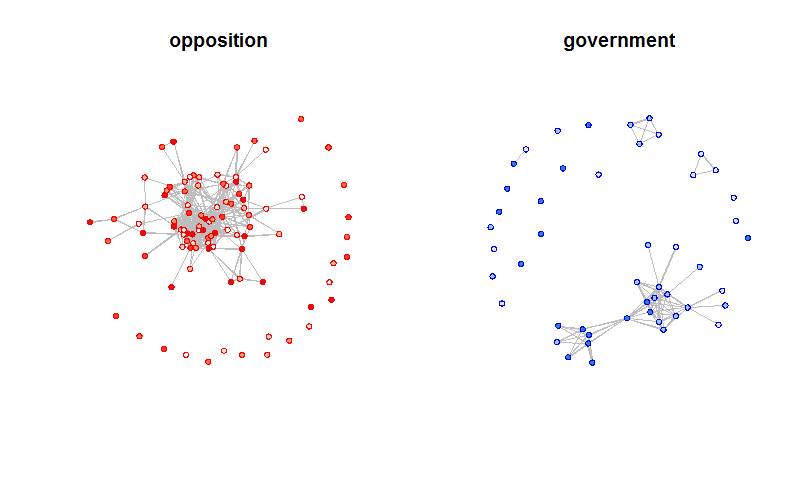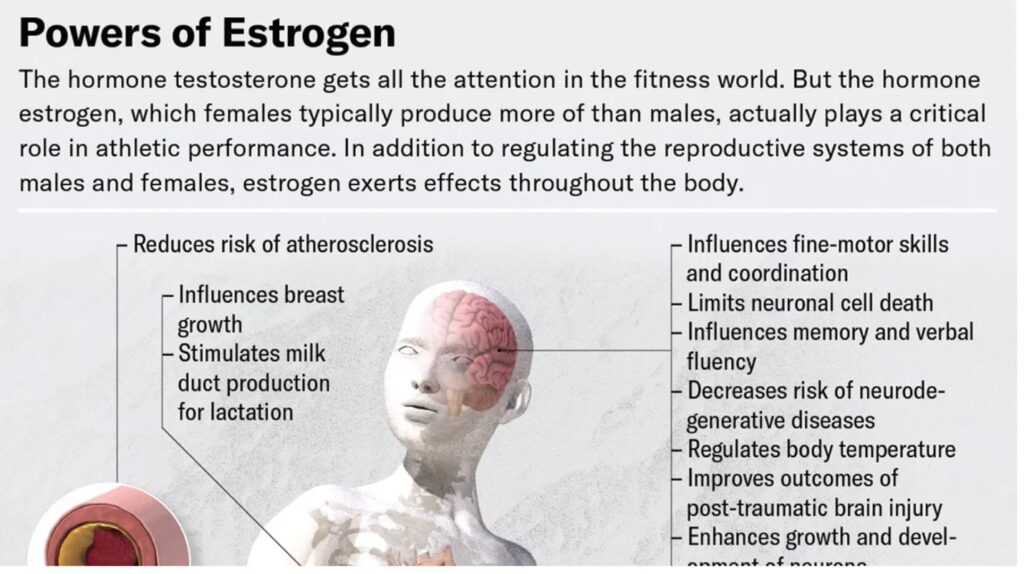On July 5, 2017, CRRC, ARISC and American Councils are proud to present the 16th talk of the Spring/Summer 2017 Works-in-Progress series on “The ties that bind (until they don’t): Political Networks and Regime Transformation in Georgia” by Julie George, Queens College, CUNY.
The authors (together with Franziska Barbara Keller and Scott Radnitz) examine the roles of networks and their variations in the case of Georgia, tracing two instances of party formation and regime transition, comparing the networks underpinning both processes. Thus we compare the Rose Revolution and the CUG ruling party collapse in 2003, comparing it to the losses faced by the successor ruling United National Movement upon its electoral loss in 2012. In so doing, we t
race the mechanism of party creation and the process of elite defections that lead to party collapse. We do this using an original and comprehensive dataset of Georgian political elites, with which we construct the personal relationships between them by establishing whether they may have met personally during their earlier career, e.g. because they are alumni from the same university or former coworkers. We show that this network is dense, and that it influences the formation of factions, in the sense that former coworker and co-alumni are more likely to belong to the same faction. However, when changing between factions, elites seem to follow strategic considerations more than simply switching to the faction that dominates their immediate network neighborhood.
Our paper thus examines how networks contributed to regime transformation. The methodology allows us to identify the different networks structures that contribute to various political configurations at different times, as well as permits us to trace the micropolitics that undergird elite competition in non-democratic settings.
Julie A. George is an associate professor of political science at Queens College and the Graduate Center at the City University of New York. Her research examines the politics of state-building, ethnicity, and democratization in the post-Communist space. She is the author of the book, Ethnic Separatism in Russia and in Georgia, as well as several articles and book chapters.
*****
W-i-P is an ongoing academic discussion series based in Tbilisi, Georgia, that takes place at the new office of CRRC at Chkhikvadze St. 1. It is co-organized by the Caucasus Research Resource Centers (CRRC), the American Councils for International Education: ACTR/ACCELS, and the American Research Institute of the South Caucasus (ARISC). All of the talks are free and open to the public.
The purpose of the W-i-P series is to provide support and productive criticism to those researching and developing academic projects pertaining the Caucasus region.
Would you like to present at one of the W-i-P sessions, please contact: m.sikharulidze@crrccenters.org









